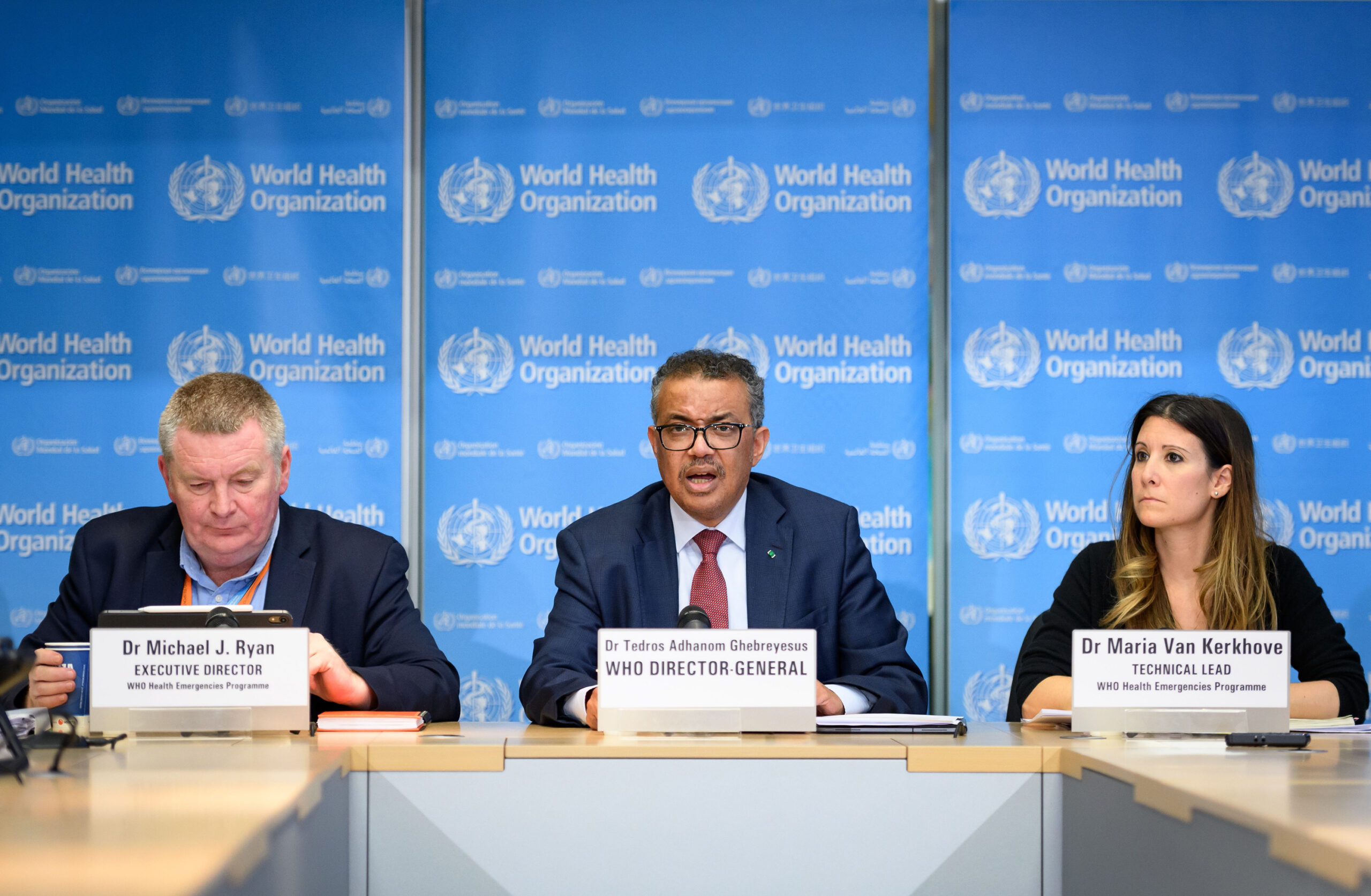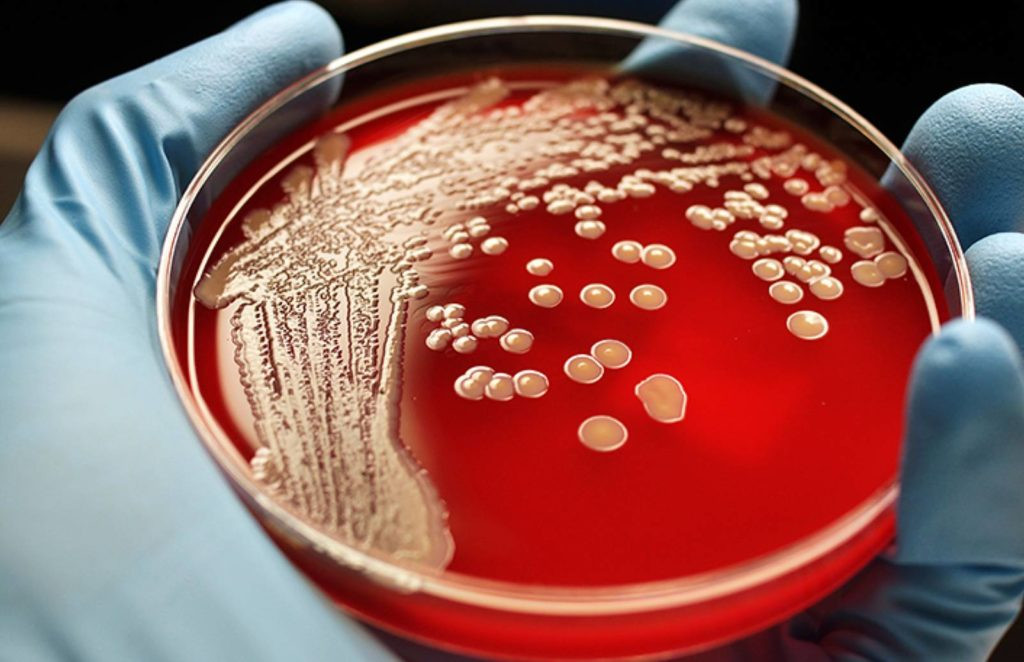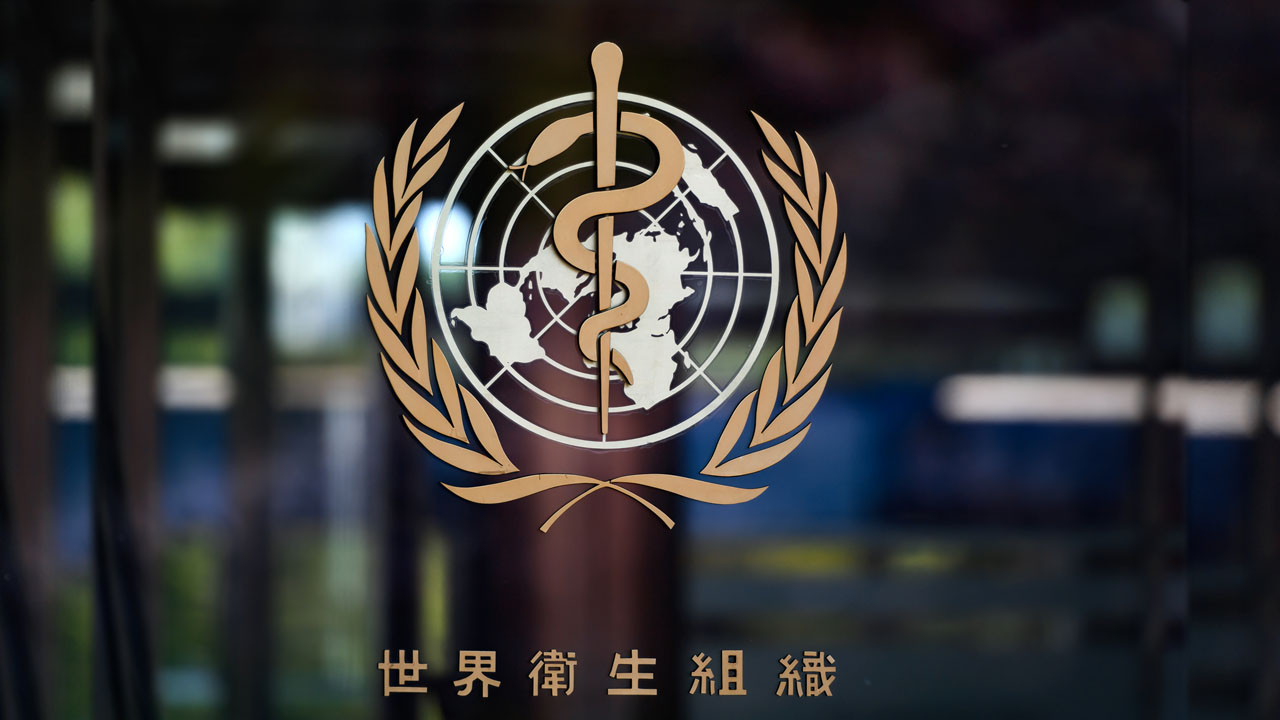By Dauda R Pam Maiduguri
World Health Organisation (WHO) has released a psychiatric hospital to Borno state government for the treatment of mental disorders in the state.
It was gathered that the hospital was built in 1976 with 48 bed capacity to serve in the northeast, Nigeria, Cameroon, Niger and Chad republics.
At the handing over ceremony of the hospital, on Thursday, in Maiduguri, WHO’s Public Health Officer, Emergency Programme, Northeast, Dr. Henry Okoro-Nwanja, disclosed that The rate of common mental health disorders has increased to as much as 20% comparatively, because of the violent conflicts in the state in which loved ones had lost their livelihoods, thereby increasing poverty, discrimination, food insecurity and other common emergencies which has increased the risk of developing mental health conditions in the area.
“People with severe mental disorders are particularly vulnerable,” he said, noting that most of the affected population in the state would continue to suffer from a wide range of mental disorders even after the emergency and acute trauma phase is over.
The public health officer, Dr Okoro-Nwanja, therefore urged the state government to scale up mental health interventions to meet urgent needs and lamented the overstretched psychiatric facilities covering the Northeast.
“WHO has been supporting the clinical management and referral of mental health cases from communities and primary healthcare facilities through the Mental Health Gap Action Programme (MhGAP).
And that under the programme, 225 healthcare workers have been trained by the global health agency from 2017 to 2020to integrate mental health care into primary healthcare level with the state Psychiatric hospital as a referral, to enable trained health workers to commence treatment of patients with mental health disorders.
According to him, 26 selected primary health facilities in 14 Local Government Areas (LGAs) were supported with psychotropic drugs.
“We support mental healthcare outreaches being conducted in health facilities in host communities and IDP camps,” he said; adding that the outreach were rendered by mental health nurses of Federal Neuropsychiatric Hospital.
He said that in 2019 alone, 24,190 patients were treated for mental health disorders with 405 referrals to the federal psychiatric hospital.
He said the number of those referred dropped; because of what he described as; “increased number of Boko Haram attacks on the roads.
He said with the handover of the reconstructed psychiatric hospital and restoration of healthcare services, access to mental health services will be enhanced.
While receiving the hospital, the Special Adviser to the Ministry of Reconstruction, Rehabilitation and Resettlement (RRR), Abdulrahaman Abdulkarim, assured that the hospital will be maintained to sustain mental healthcare services to the people.
“Health workers of the hospital should take the challenges of increasing mental disorders, caused by the over a decade long insurgency that claimed 26,000 lives in Borno,”he said.
RELATED POSTS:
81% of people living in Africa know their HIV status- WHO
WHO launches global strategy to eliminate cervical cancer related deaths by 2050







